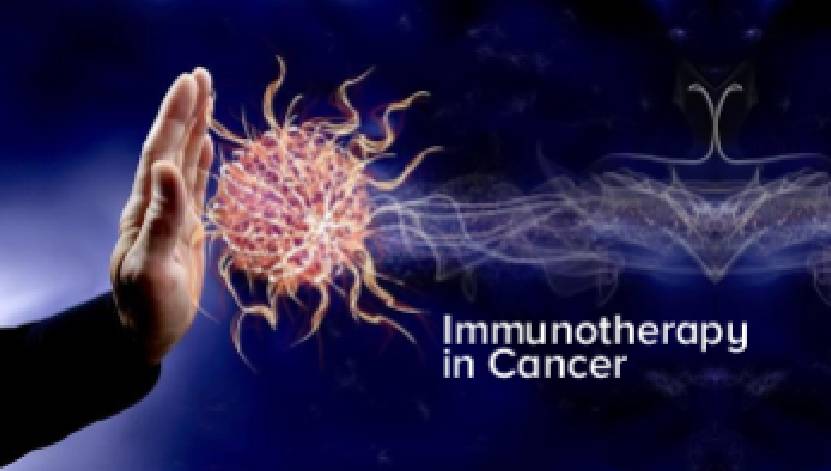The immune system is a powerful weapon against disease, infections and defective cells. Because cancer cells are the body’s mutated cells, they are not always recognized by the immune system as invaders. Also, cancer cells have multiple ways to evade, shut down or overpower an immune attack. Immunotherapy in cancer is the treatment that uses certain parts of a person’s immune system to fight cancer.
